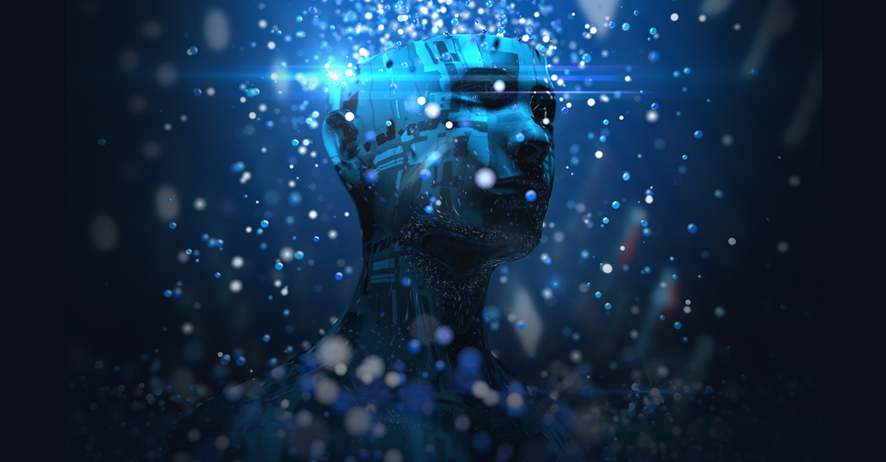The technological revolution that you and I are part of is happening whether we like it or not. As organizations are primed to discover how we can innovate in the area of cognitive computing to benefit our customers’ infrastructure and data needs, specifically in the BFSI space, I often come across questions on the good and the bad of such technology.
Today, technology ensures you almost never have to go into a physical bank’s branch anymore. Digital advice or robo-advisories are bringing great benefits to customers and businesses as well, saving them time and resources (refer: The way to go robo: Customers should drive approaches to roboadvisory).
But now we are referring to technology that can potentially replace human jobs and do them much better. Can there be any good in that? So why is it that we and technology leaders across the world work on such innovations for our customers?
Who are technology firms?
If we take a step back, I find its no point contemplating for long on where we are heading, as we are already there. Augmented reality, Robotic Process Automation are no longer buzz words but actual applications in multiple industries. As we discuss driverless cars, it’s already part of our reality. The interesting phenomenon to note while we ride this tremendous growth wave is that technology companies and leaders are no longer limited by any industry. They can no longer be classified as merely tech companies but have morphed into larger entities. It’s a tribute to the era in which we live where Tesla was born. The technology visionary in Elon Musk was able to take technology to completely disrupt the automobile industry as we know it. Tesla’s vehicles are not solving yesterday’s problems of fuel efficiency but these are actual intelligent and responsive creations. My point being that technology firms are not of a breed by themselves anymore. Anything and everything can be re-thought during this wave.
Can we steer to a ‘good future’?
What’s the responsibility of humanity in this time? Of technology giants and leaders? Of an IT firm’s Chief Human Resource Officer? In his book, Sapiens: A Brief History of Humankind, historian and author Yuval Harari tells us how we did not foresee the larger issues, and therefore protect the planet and ourselves from the effects of the Industrial revolution. While through industrialization we have largely addressed large scale famines, disease and food scarcity, we are now running out of fuel and resources. Today, I think we are in a unique position to understand issues of technological revolution even if we don’t know what they may be and address them, as in this journey there is no wait and watch. The only constant is change, and we are already having to keep up and adapt. Countries like India, for example, will leap-frog into new futures and technologies, completely skipping earlier versions of reality. Remote villages in India never had telephone cables laid because they missed that development completely and went directly on to mobile platform, when they were caught up with the telecom wave. My point being as changes become faster and dynamic, many of us can skip mistakes along the way and adapt to better future.
To each her own
Here is what a single IT firm like Mphasis can do to benefit its customer, typically a large bank. Keep up and think ahead of the change. Today, a large bank in the United States would typically house large data centers with legacy systems, servers, resources, etc. What happens if we move this data center to cloud? What exactly does an empty room translate to for my customer? That’s the beauty of this proposition. Banks can transform into unimaginable digital futures as these resources free up. With mobile technology, we realize that the branch has died (Long live the branch!). With cloud and cognitive, what else is possible?
The other key role for organizations would be to equip employees to embrace the digital pivot. This, we can achieve through appropriate learning platforms that allow an individual to transform their skills and competencies in order to align to the new tech-era. I like to call this as Talent Next – a next generation of talent which will have ‘learnability’ as their core skill and where individuals will break free from traditional mindsets to move to the digital mindset.
Accelerate to phenomenal growth
Growth is rampant everywhere, and research and innovations tapping into solar power, or even creating super humans, is a near possibility. There is a chance for each niche enterprise to accelerate and adapt as the changes unfold to create immense value.


